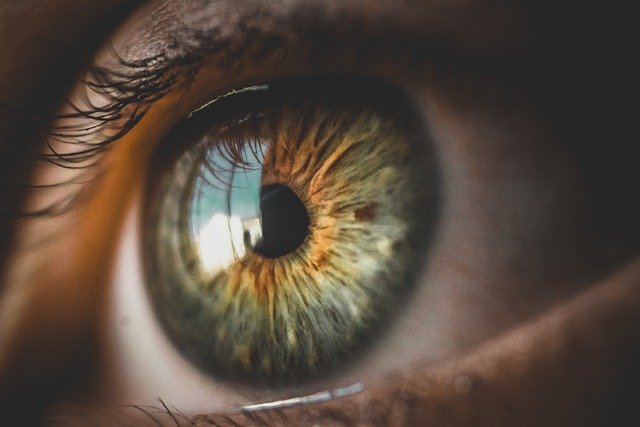
Approximately 37 million adults in America have age-related macular degeneration, cataract, diabetic retinopathy, or glaucoma, all of which can cause visual impairment or blindness. However, recent studies show that making healthy choices and getting regular eye exams can help reduce a person’s risk of vision loss. In support of Healthy Vision Month in May, the American Academy of Ophthalmology is encouraging everyone to take charge of their eye health and preserve their sight by following some simple tips.
Some eye conditions can cause vision loss and even blindness. These include:
- Cataracts, a clouding of the eye.
- Diabetic retinopathy, which causes damage to the blood vessels in the back of the eye.
- Glaucoma, damage to the optic nerve, often with increased eye pressure.
- Age-related macular degeneration, which gradually affects central vision.
Other eye conditions, such as refractive errors, which happen when the shape of your eye doesn’t bend light correctly, are common problems easily corrected with glasses, contact lenses, or laser surgery. An estimated 11 million Americans aged 12 years and older could see better if they used corrective lenses, or eye surgery, if appropriate.
The best ways to protect your vision include:
- Regular comprehensive dilated eye exams.
- Know your family’s eye health history. It’s important to know if anyone has been diagnosed with an eye disease or condition, since some are hereditary.
- Eat right to protect your sight: In particular, eat plenty of dark leafy greens such as spinach, kale, or collard greens, and fish that is high in omega-3 fatty acids such as salmon, albacore tuna, trout, and halibut.
- Maintain a healthy weight.
- Wear protective eyewear when playing sports or doing activities around the home, such as painting, yard work, and home repairs.
- Quit smoking or never start.
- Wear sunglasses that block 99 percent-100 percent of ultraviolet A (UVA) and ultraviolet B (UVB) radiation.
- Wash your hands before taking out your contacts and cleanse your contact lenses properly to avoid infection.
- Practice workplace eye safety.
In addition to your comprehensive dilated eye exams, visit an eye care professional if you have:
- Decreased vision.
- Eye pain.
- Drainage or redness of the eye.
- Double vision.
- Diabetes.
- Floaters (tiny specks that appear to float before your eyes).
- Circles (halos) around light sources; or
- If you see flashes of light.

